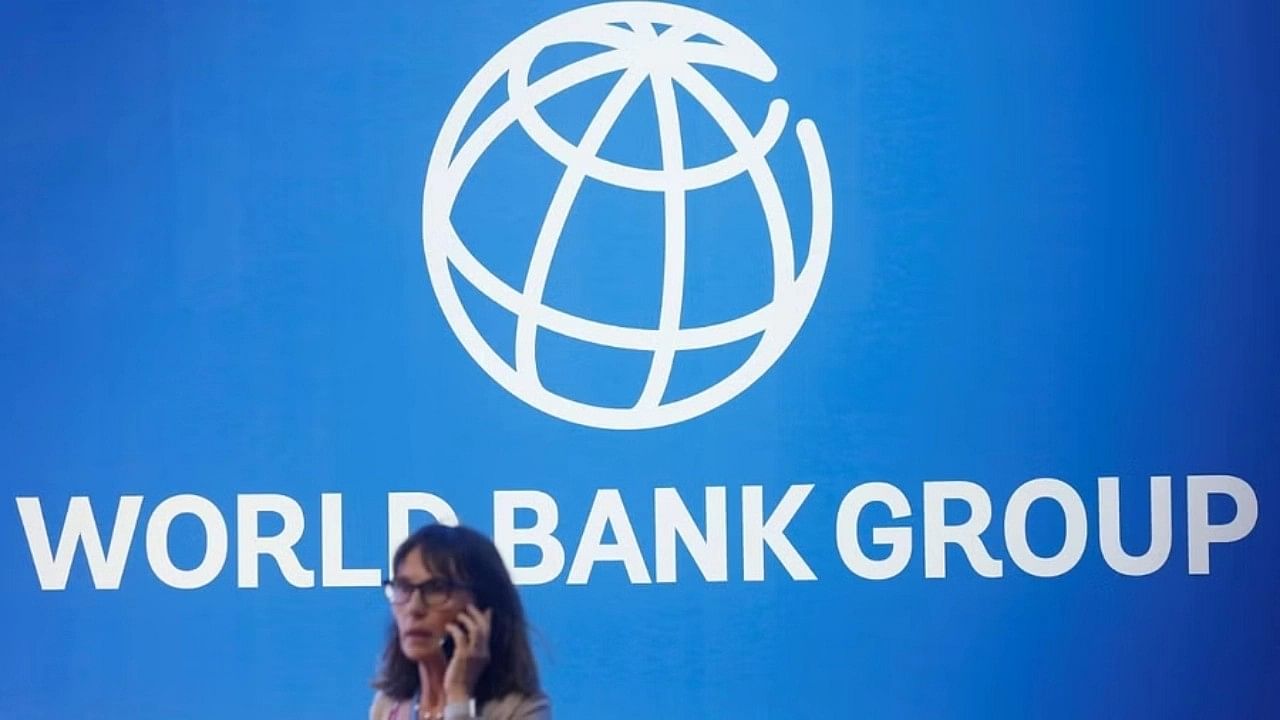
World Bank logo.
Credit: Reuters Photo
Colombo: The World Bank has approved USD 150 million to strengthen Sri Lanka's financial and institutional sectors, the Central Bank of the debt-trapped island nation said here on Friday.
“Sri Lanka’s economic crisis highlights the need for strong safety nets to support the financial sector. Stable and reliable banking sector is essential for the economy, businesses and individuals, small businesses and poor households,” Faris Hadad-Zervos, World Bank Country Director for Maldives, Nepal, and Sri Lanka was quoted as saying in the Bank’s statement.
The World Bank Executive Board approved the USD 150 million assistance on Thursday.
“Strengthening the Deposit Insurance Scheme will help protect the savings of smaller depositors, including women and people living in rural areas. It will also sustain the confidence in Sri Lanka’s financial system, a critical part of building the country back better,” he said.
The Financial Sector Safety Net Project is designed to boost the financial and institutional capacity of the Sri Lanka Deposit Insurance Scheme (SLDIS), which is managed by the Central Bank of Sri Lanka.
The SLDIS was established in 2010 and has conducted several payouts for failed licensed finance companies in recent years.
“Currently, the SLDIS guarantees the deposits of households and enterprises up to LKR 1,100,000, which covers more than 90 per cent of deposit accounts in Sri Lanka”.
On October 31, representatives from major global money lending agencies in a meeting with Sri Lankan President Ranil Wickremesinghe observed that the economy of the island nation has shown initial signs of stabilisation but a “rapid and sufficiently deep external debt restructuring” remains essential for regaining a sustainable growth path.
Cash-strapped Sri Lanka has a total foreign debt of USD 46.9 billion.
As Sri Lanka awaits the release of the second tranche of the International Monetary Fund’s bailout package, Wickremesinghe on November 3 said servicing external credit with interest to win the confidence of creditors will be the focus of the budget for 2024.
The budget is to be presented in Parliament by Wickremesinghe, who is also the Minister of Finance, on November 13.
Sri Lanka was hit by its worst economic crisis in history in 2022 when its foreign exchange reserves fell to a critical low and the public came out on the streets to protest the shortage of fuel, fertilisers and essential commodities.